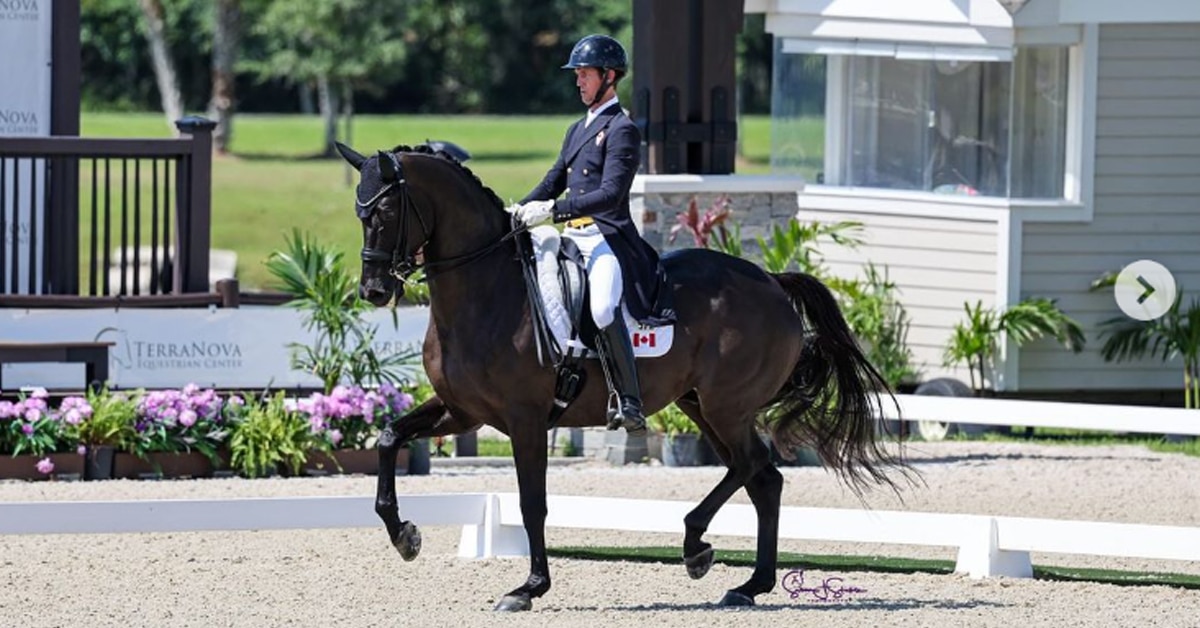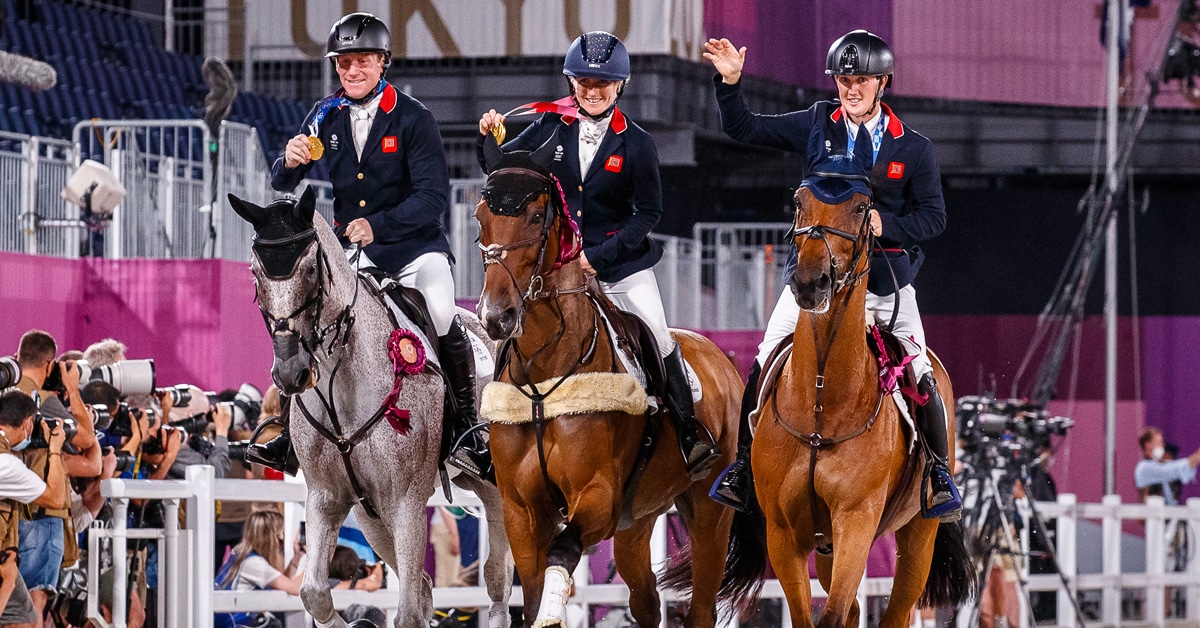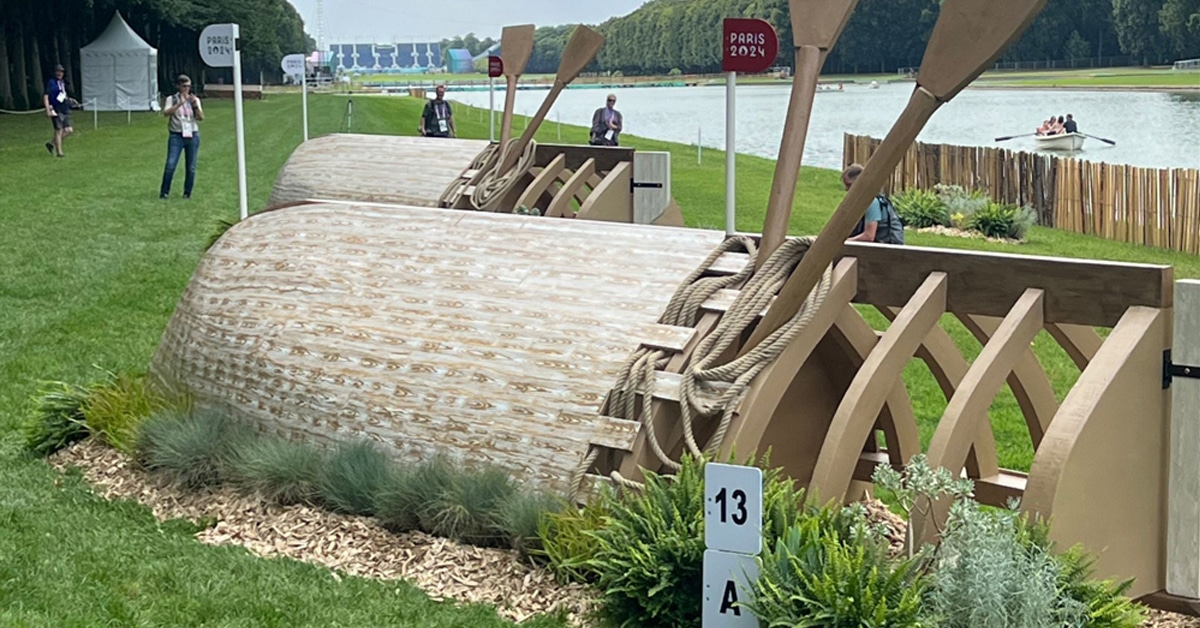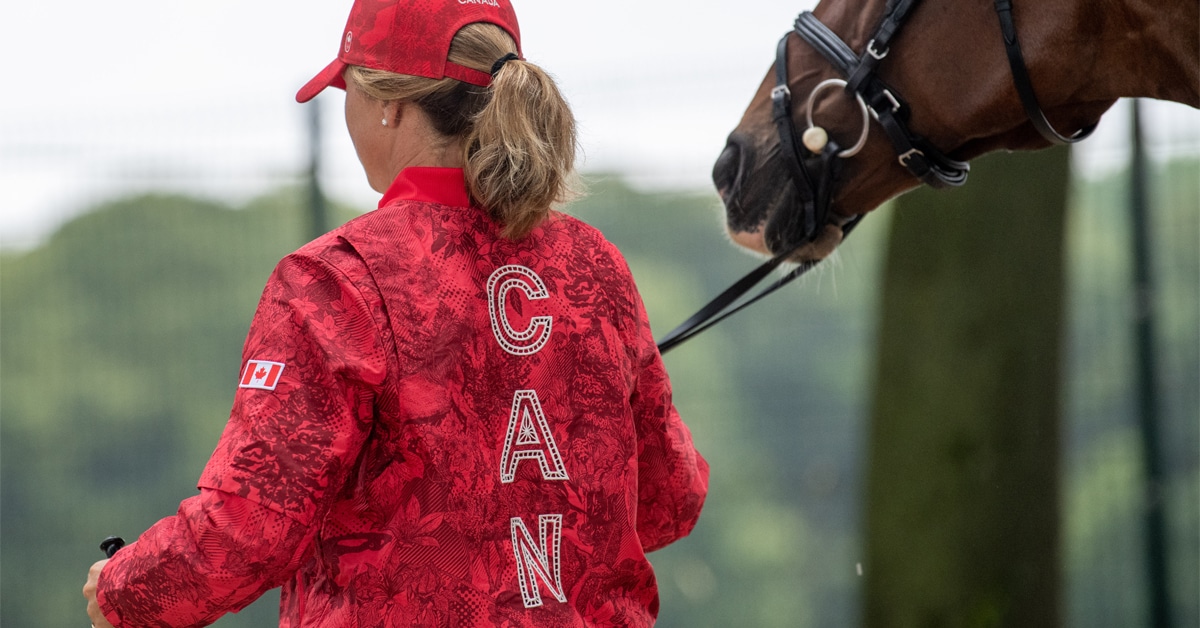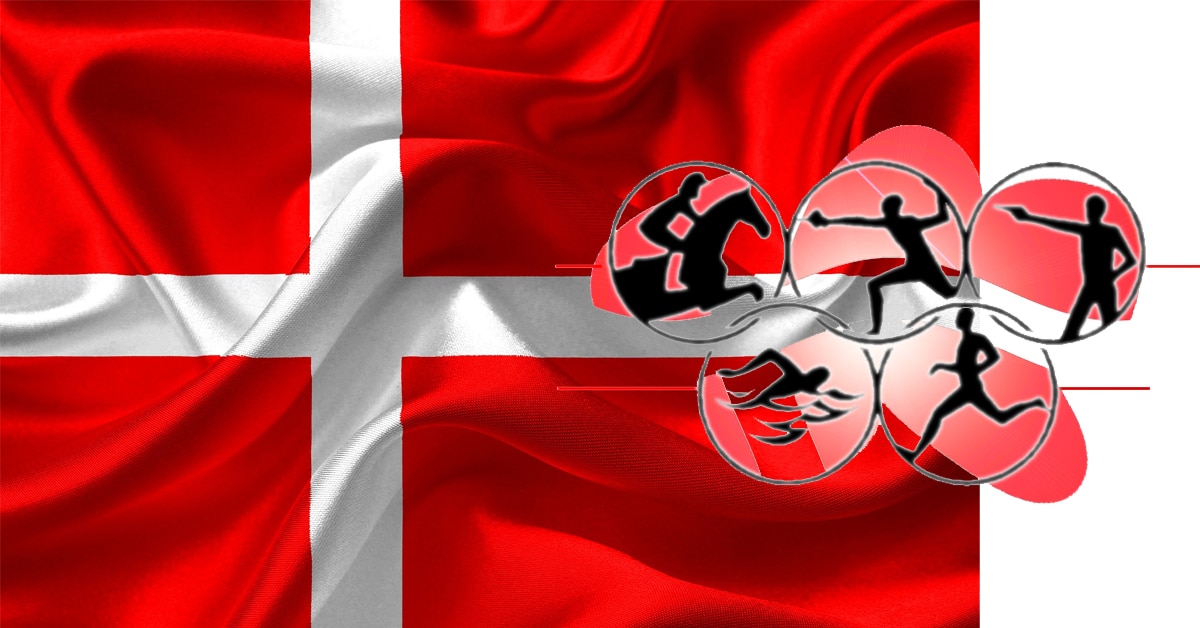The Danish modern pentathlon association MPADK is threatening a legal challenge to UIPM’s decision to remove riding from their sport after the Paris 2024 Olympics.
MPADK says UIPM is not empowered by statute to make such a decision. It has given UIPM till November 17 to reverse it, or to share a convincing explanation as to why this is allowable under “force majeure.”
MPADK says: “UIPM’s management has had many years to take action against poor riding skills, which culminated in a far too poor riding standard at this year’s Olympics, with an event that completely overshadows the many good riders around the world.
“MPADK, together with a large number of other countries, has insisted that, according to the UIPM statutes, the illegal decision-making is overturned, and that the UIPM congress [later this month] rightfully becomes the forum where such decisions are made.”
It has instructed a British sports law firm, and is considering taking the matter to the Court for Arbitration for Sport. The cease and desist letter to UIPM is in English and can be seen here.
There has been another rollercoaster week for pentathlon, after 665 athletes signed a motion of no confidence in its leadership. Many pentathletes took to social media to allege that past attempts to persuade UIPM to improve riding standards have fallen on deaf ears. They also explain that an easily rectifiable scoring imbalance has not incentivised pentathletes to improve their riding, instead concentrating on the four other disciplines.
While it is generally assumed that public reaction to Annika Schleu’s whipping of the reluctant Saint Boy in Tokyo prodded the removal of riding, UIPM’s long-standing president Klaus Schormann insisted in a German TV interview last week that the decision was in fact made a year ago. He also said the replacement sport had already been decided, and is not cycling.
His remarks were widely reproduced in the global media, leading UIPM to issue a statement denying this was said. However, a German colleague has watched the interview for Horsesport.com and says Schormann answered as follows.’
Reason for removing riding: “It hasn’t got to do with what happened to Annika. It is in our Minutes of last year that we have already informed the IOC last November that we want to change things. It hasn’t got anything to do with the [Saint Boy] discussion in recent months.”
Has another discipline been chosen already: “Yes, but I won’t tell you.”
Is it cycling: “No, no bicycle!”
Meanwhile, the issue continues to divide equestrians. This morning (November 11) at the World Horse Welfare annual conference in London, chief executive Roly Owers said the UIPM decision was too hasty and ill-founded.
WHW had already chosen “whose opinion matters” as the theme for this year’s conference before the escalation of the modern pentathlon crisis. Owers said the social media storm over Saint Boy had led to some calls to ban all so-called abusive equestrians from the Olympics.
“No-one could condone what happened [in the modern pentathlon at Tokyo] but the issue was not that the horses were being ridden, but how the horses were being ridden, together with the rules of the competition. In our view UIPM made the wrong decision.
“Systemic misguided opinion has systemic misguided effects.”
More from News:
